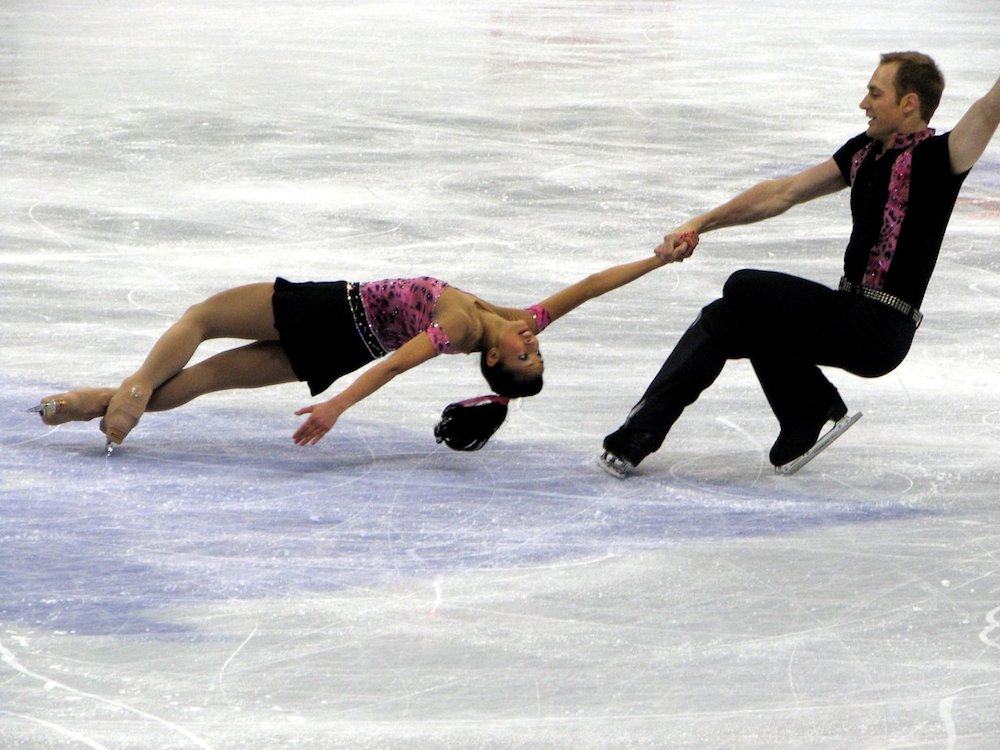Is there a need to drug test figure skaters?
Drug testing in competitive athletics and sport helps to create a level playing field. Performance enhancing substances allow athletes to work harder in training to improve fitness and make strength gains and to improve cardiovascular performance in competitions. For sprinters, swimmers and endurance sports, a small advantage can go a long way.
For some events, drugs are very unlikely to improve performance. One such event is figure skating. Figure skaters are routinely tested for banned substances, but to date only two Russian skaters, Elena Berezhnaya and Yuri Larionov, have tested positive. Berezhnaya tested positive for pseudoephedrine in 2000 and Larionov tested positive for furosemide in 2007, although he insisted that he had not knowingly taken any banned substances.
Figure skating is an event that requires precision, balance and agility. These are not skills that are enhanced with drugs, but through practice and patience. It is for this reason that the drug testing of figure skaters is rare. At least, it was rare until the 2014 Sochi Winter Olympics.
During the Sochi Games, the Russian Olympic Organising Committee tested seven Canadian figure skaters. Two skaters were tested at midnight on the day they arrived and another was woken from their sleep for a urine test.
The most surprising case is that of Kaetlyn Osmond who had to undergo a urine test a few hours before she was due to compete. Mike Slipchuk, Skate Canada High Performance Director, said that he has “never seen anyone tested before on the day of a competition.”
Slipchuk has raised the issue with the Canadian Olympic Committee, as he is concerned that drug testing being carried out when skaters are resting will be impacting on their performance in a negative way. He is trying to remain positive and joked half-heartedly saying: “At least we’re running out of skaters to be tested, which is a good thing.”
The excessive drug testing has certainly upset the Canadian skaters who are trailing behind the Russian skaters in the stages before the final day.
Canadian skater Scott Moir said: “The best thing about being an athlete at the Winter Games is that’s none of our concern. We’re here for our moment, and our moment is what Tessa and I make out on the ice.”
Who should test?
This does raise an important question of testing in sport. The current rules are simple. Athletes must submit random test samples and those who refuse will be assumed guilty of taking banned substances.
When the body that decides who is tested, and at what time, is biased towards a particular team, questions must be raised. Should the Russian Olympic Organising Committee be in control of testing? Following the experiences of the Canadian skaters it would seem logical to hand the role of testing over to an impartial committee to ensure that athletes are not subjected to unfair treatment.
A fairer approach would be to only test before and after an event. Modern drug tests can detect drugs in the body weeks after they have been taken. A drug test before athletes travel to an event and another immediately following an event would identify cheaters whilst also treating all athletes fairly.

